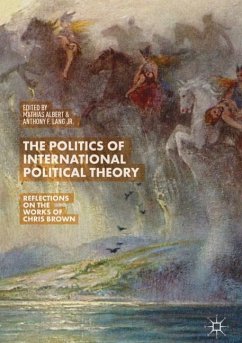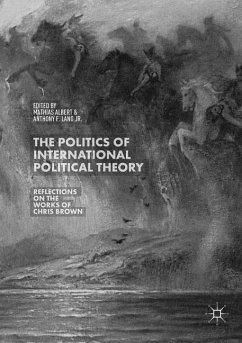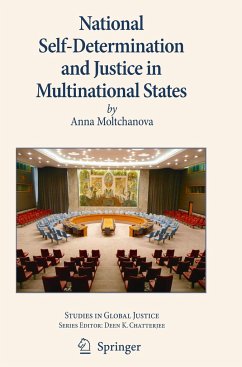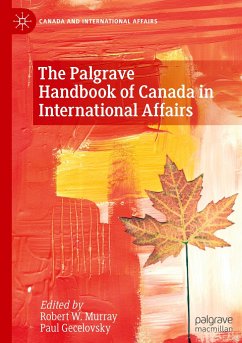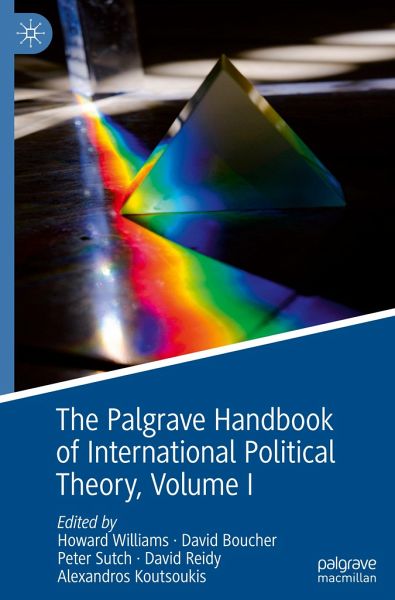
The Palgrave Handbook of International Political Theory
Volume I
Herausgegeben: Williams, Howard; Boucher, David; Sutch, Peter; Reidy, David; Koutsoukis, Alexandros

PAYBACK Punkte
83 °P sammeln!
This handbook provides an exploration of the field of International Political Theory (IPT), which in its broadest terms, examines the ways in which ideas about justice, sovereignty, and legitimacy shape international politics. It is a comprehensive resource for those interested in understanding the philosophical, political, and legal issues that arise from interactions between states, peoples, and global actors. The two volumes of the handbook cover a wide range of topics, from the foundations of international political thought to the latest debates in the field. They are designed to give read...
This handbook provides an exploration of the field of International Political Theory (IPT), which in its broadest terms, examines the ways in which ideas about justice, sovereignty, and legitimacy shape international politics. It is a comprehensive resource for those interested in understanding the philosophical, political, and legal issues that arise from interactions between states, peoples, and global actors. The two volumes of the handbook cover a wide range of topics, from the foundations of international political thought to the latest debates in the field. They are designed to give readers a comprehensive overview of the key concepts and arguments within international political theory and provide an introduction to the main debates in the field.
Volume 1 takes us from the ancient world to the formation of the modern state system as we lay the groundwork for a critical understanding of changes in, and challenges to, core ideas such as sovereignty, international law andterritorial integrity. The contributions to this volume explore the European domination of the discipline providing insights into how it came to conceive the world in its own image. They also focus on non-Western perspectives and reactions to European hegemony.
Volume 1 takes us from the ancient world to the formation of the modern state system as we lay the groundwork for a critical understanding of changes in, and challenges to, core ideas such as sovereignty, international law andterritorial integrity. The contributions to this volume explore the European domination of the discipline providing insights into how it came to conceive the world in its own image. They also focus on non-Western perspectives and reactions to European hegemony.








